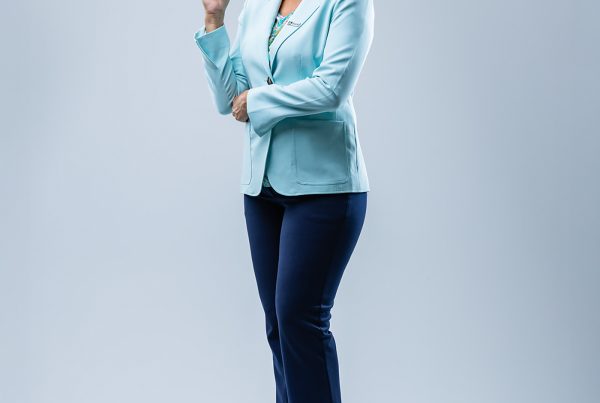Recently our managing director, Curtis Martin, shared some practical advice during a recent JN Circle Catch Up via Facebook Live, about how small business owners who have been affected by COVID-19, can stay afloat during this crisis.
Here’s are tips on what business can do:
- Reduce spending; preserve cash flow: – Spend only on essentials, as it is important to have a reserve of cash available for the recovery period.
“The critical issue right now is for companies to reduce non-essential expenses. If you don’t have to do a capital expenditure right now don’t do it,” he said.
- Reach out to your creditors: – See what offers for leniency are available. Many companies, including JN Bank, are offering to defer loan payments from three and 12 months to help persons deal with the financial hardships brought on by the crisis.
- Consider offering discounts to your customers
“With respect to your sales, maybe what you could do is to offer discounts to customers to encourage a take up goods and services,” he said.
- Take Advantage of the opportunities in a crisis
“For example, a company in the business of plastic can look at how they can now produce equipment that could be used to protect persons from COVID-19,” Mr Martin recommended.
“There are other businesses that could also consider shifting their business model to deliver directly to a customer’s home.”
- Buy Jamaican
“If you look at our balance of payments over the years, we have seen a significant deficit with respect to our current accounts, whereby we import much more than we export,” Mr Martin said.
“When you look at what is imported a significant part of that bill consists of fruits, vegetables and condiments that can be produced locally. The expectation is that in this crisis with the fallout in the tourism industry and in remittances, there will be an estimated $600 million foreign currency gap.”
The JN Bank managing director said this is likely to have a negative impact on the exchange rate, therefore, it is important for Jamaicans to support local industries.
“Buy locally in order to reduce the import bill and to preserve the country’s foreign exchange reserves, so we can use those for essential purposes,” he said.





